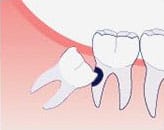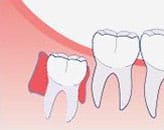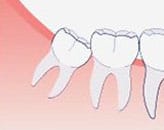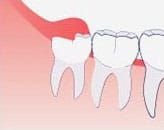The cost of tooth extraction in Perth, WA, at My Emergency Dentist, is normally $199. For an emergency dental visit, which can include non-surgical extraction, the cost is $299.
Terms & Conditions: Pricing is indicative only of an average cost. Pricing can vary depending on the medical condition and requirements of the patient as well as the materials used.




When conducted properly tooth removals are simple and uncomplicated. Our highly-qualified team of dentists and assistants at My Emergency Dentist will make the process of tooth removal as simple as it can be while also providing you with constant support for the 2-week recovery period. Our Perth locations are open 6 days a week from 8am until 6pm. This means that we can conduct the procedure at a time and place that suits you and your schedule. Good dental care begins with a simple check-up and conversation with a dentist. Book an appointment via our website or ring us now!